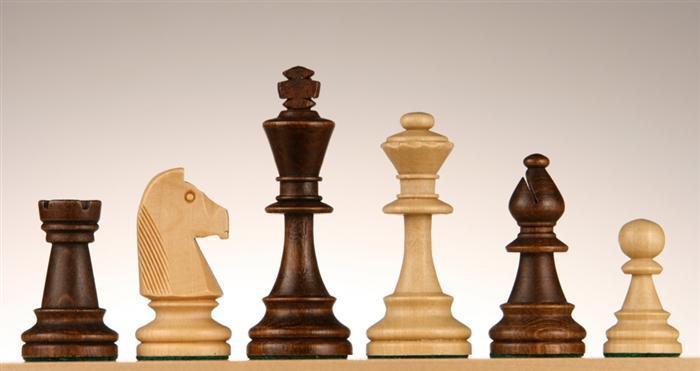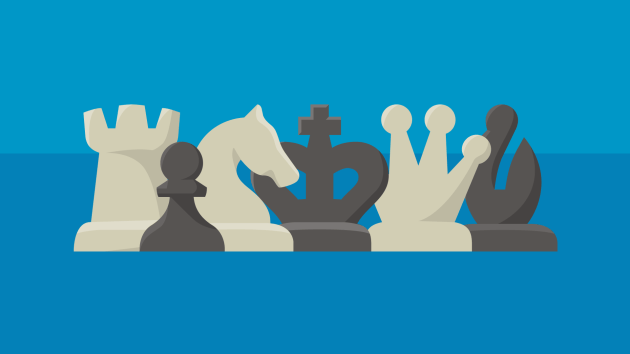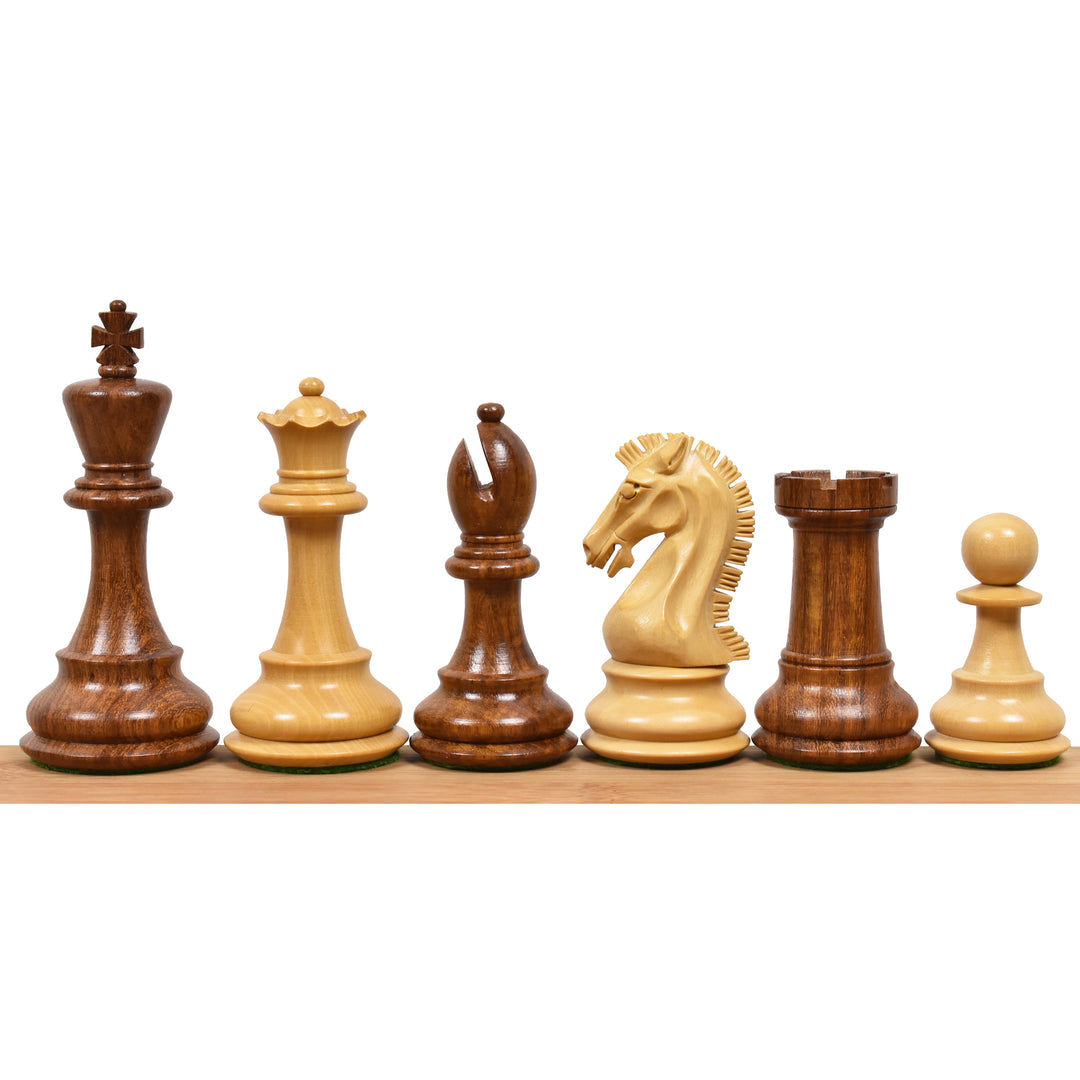Chess Endgame Techniques Every Player Must Learn
Everything about Chess: Discover the Interesting History and Approaches Behind the Game
Chess, with its origins dating back to sixth century India, has transformed greatly over the centuries. This game has astounded minds worldwide, showcasing the sparkle of famous gamers like Garry Kasparov and Bobby Fischer. Comprehending the intricacies of chess, from the activities of each item to important strategies, exposes its depth. The inquiry continues to be: what drives the enduring attraction with this old game? Discovering its history and strategies may reveal deeper insights.
The Origins of Chess: A Trip Via Time
Although the exact origins of chess stay uncertain, historical evidence suggests that the game advanced from earlier approaches played in India around the 6th century. Referred to as Chaturanga, this very early kind of chess featured pieces standing for infantry, mounties, elephants, and chariots, mirroring the army techniques of the time. As Chaturanga spread through trade routes, it adapted to different cultures, bring about the production of Shatranj in Persia. This variant presented brand-new policies and item motions, laying the structure for modern chess.
Chess Prodigies: Noteworthy Figures in the Game's History
Throughout chess background, amazing natural born players have emerged, shaping the game's landscape and motivating future generations. From legendary champions that controlled the boards in their time to contemporary skills redefining the limitations of young people and ability, these gamers have actually made indelible marks on the sport. Their stories highlight not only individual radiance but also the developing nature of chess as a competitive undertaking.
Fabulous Chess Champions
Chess has been formed by the luster of many famous champs whose payments have left an indelible mark on the game. Numbers like Garry Kasparov, understood for his dynamic style and unrivaled tactical deepness, dominated the chess globe throughout the late 20th century. Anatoly Karpov, his opponent, showcased remarkable positional understanding and psychological expertise, protecting multiple globe titles. Bobby Fischer, an American prodigy, changed chess with his unequaled talent and extreme focus, finishing in his 1972 World Champion triumph. Furthermore, José Raúl Capablanca's natural capacity and endgame mastery established brand-new criteria in the early 20th century. These champs not only succeeded in competitors but additionally inspired generations, shaping chess right into a global sensation celebrated for its intellectual roughness and artistry.
Modern-Day Prodigies
What makes a chess natural born player really impressive? The capability to understand complicated techniques at a tremendously young age sets them apart. Modern chess prodigies like Magnus Carlsen, Fabiano Caruana, and Alireza Firouzja have actually captivated target markets with their extraordinary skill. Carlsen, coming to be a Grandmaster at just 13, redefined expectations and rose to World Champ status. Caruana, recognized for his deep preparation and tactical expertise, has actually consistently challenged the elite. Firouzja, birthed in 2003, represents the brand-new generation, incorporating creativity with ruthless aspiration. These gamers exemplify a blend of natural skill, strenuous training, and mental fortitude, influencing the game's evolution. Their payments assure that chess remains a dynamic and lively discipline, motivating future generations of gamers worldwide.
Understanding the Chessboard: Pieces and Their Movements
The chessboard works as the field of battle where complicated approaches unravel, including an one-of-a-kind set of items, each with distinctive motions and duties. Comprising 64 squares set up in an 8x8 grid, it is home to the king, queen, rooks, knights, diocesans, and pawns. The king, one of the most essential item, relocates one square in any kind of instructions, while the queen, one of the most powerful, can go across any kind of variety of squares vertically, horizontally, or diagonally. Rooks relocate in straight lines, whereas diocesans slide diagonally throughout the board. Knights have an one-of-a-kind L-shaped activity, jumping over other items. Pawns progress one square however capture diagonally, with the choice to relocate 2 squares ahead on their initial relocation. Each piece's motion adds to the elaborate dance of strategy and tactics, making the chessboard a dynamic stage for intellectual fight. Recognizing these activities is basic for players intending to browse the complexities of the game.

Necessary Approaches for Beginners: Tips to Boost Your Game
Grasping the movements of chess pieces lays the groundwork for developing reliable strategies. For novices, concentrating on regulating the center of the board is crucial. This enables greater wheelchair and impact over the game. Developing pieces early, instead than moving the exact same item multiple times, can aid establish a strong setting.
Additionally, players need to prioritize king security by castling early, making certain the king is put away from threats. Acknowledging tactical possibilities, such as forks, pins, and skewers, can offer benefits in material a knockout post gain. It is additionally essential to plan ahead; expecting a challenger's moves promotes far better defensive and offensive play.
Ultimately, maintaining a balanced technique in between aggressive and protective methods can protect against unnecessary mistakes. By applying these basic techniques, newbies can enhance their gameplay and build a solid foundation for future improvement in chess.
Advanced Tactics: Raising Your Chess Skills
In the domain of chess, grasping sophisticated tactics can significantly boost a gamer's capability. Identifying tactical patterns, grasping endgame methods, and recognizing opening up concepts are crucial components that elevate one's game. These components not only boost total performance however also foster deeper strategic reasoning.

Tactical Patterns Acknowledgment
Recognizing tactical patterns is crucial for raising chess skills to a greater degree. Players who grasp these patterns can recognize possibilities for tactical maneuvers, enhancing their possibilities of success. Usual patterns consist of forks, pins, skewers, and discovered strikes, each offering tactical benefits when implemented effectively. Understanding these motifs permits gamers to expect their opponent's relocations and counter them successfully. In addition, researching timeless games can disclose just how masters utilized tactical patterns to protect success. Normal technique and analysis of one's very own video games can additionally enhance pattern acknowledgment, enabling players to respond quickly and precisely throughout suits. Inevitably, honing this ability changes the technique to chess, connecting the void between amateur and sophisticated play.
Endgame Techniques Proficiency
Reliable endgame techniques can greatly influence the end result of a chess match, often identifying the distinction between a win and a draw. Advanced players recognize the significance of piece control and the usage of pawns in the endgame. Trick methods consist of advertising pawns to queens and creating passed pawns that can progress unblocked. Identifying important placements, such as the opposition and zugzwang, is important for achieving useful setups. Mastery of endgame techniques, such as king and pawn versus king scenarios, can turn possible losses right into draws or wins. Players ought to likewise concentrate on simplifying the position when in advance, trading items to transform product benefits right into success. Constant method and evaluation of endgame settings will certainly elevate a gamer's overall chess abilities substantially.
Opening Concepts Understanding
Grasping endgame approaches lays a solid structure for understanding opening concepts. In chess, the opening stage is vital as it sets the phase for the middle game. Chess. Gamers should focus on control of the facility, developing pieces successfully, and making certain king security. Reliable openings typically entail moving pawns to establish main dominance while collaborating minor and significant items for optimal activity. The concepts stress not relocating the same piece numerous times without need and avoiding early queen advancement, which can site link cause vulnerability. By sticking to these fundamental strategies, players can create a strong structure that enhances their tactical chances later on in the game. Recognizing these opening up principles is necessary for boosting one's chess abilities and attaining success

The Cultural Influence of Chess: Why It Matters Today
Chess, a video game with roots mapping back over a millennium, remains to exert an extensive cultural impact around the world. It goes beyond mere entertainment, serving as a device for education, crucial reasoning, and social communication. Lots of universities include chess into their educational programs, advertising cognitive development and calculated reasoning amongst trainees. The game also promotes inclusivity, bringing with each other diverse communities and motivating you could look here intergenerational links.
Moreover, chess has actually penetrated prominent society, motivating literary works, films, and also fashion. Legendary numbers like Bobby Fischer and Garry Kasparov have actually ended up being social icons, illustrating the game's potential for personal and nationwide pride. In the digital age, on the internet systems have actually better equalized accessibility to chess, enabling millions to engage with the game. As society deals with intricate challenges, chess continues to be pertinent, supplying lessons in patience, insight, and resilience, thus enhancing its importance in modern society and day-to-day life.
Frequently Asked Inquiries
Exactly How Has Chess Influenced Pop Culture and Media?
Chess has significantly influenced popular culture and media, appearing in films, literature, and art. It signifies intellect and strategy, motivating stories and personalities while promoting themes of conflict, competitors, and the human experience.
What Are the Benefits of Playing Chess for Mental Wellness?

Exist Various Chess Versions Messed Around the World?
Yes, different chess variants are played internationally, consisting of Bughouse, Chess960, and Three-check chess. Each alternative presents one-of-a-kind rules and techniques, providing players with varied experiences and challenges that vary from typical chess.
How Do Chess Engines and AI Impact Modern Chess?
Chess engines and AI considerably improve contemporary chess by giving innovative evaluation, boosting gamer abilities, and affecting techniques. They function as training devices and competitors help, changing exactly how players come close to the game in all degrees.
What Are Typical Misunderstandings Regarding Chess Players?
Common mistaken beliefs about chess players consist of the belief that they are all shy wizards, only concentrated on strategy. Chess. Actually, gamers vary considerably in personality, background, and technique, typically enjoying social communications and diverse rate of interests